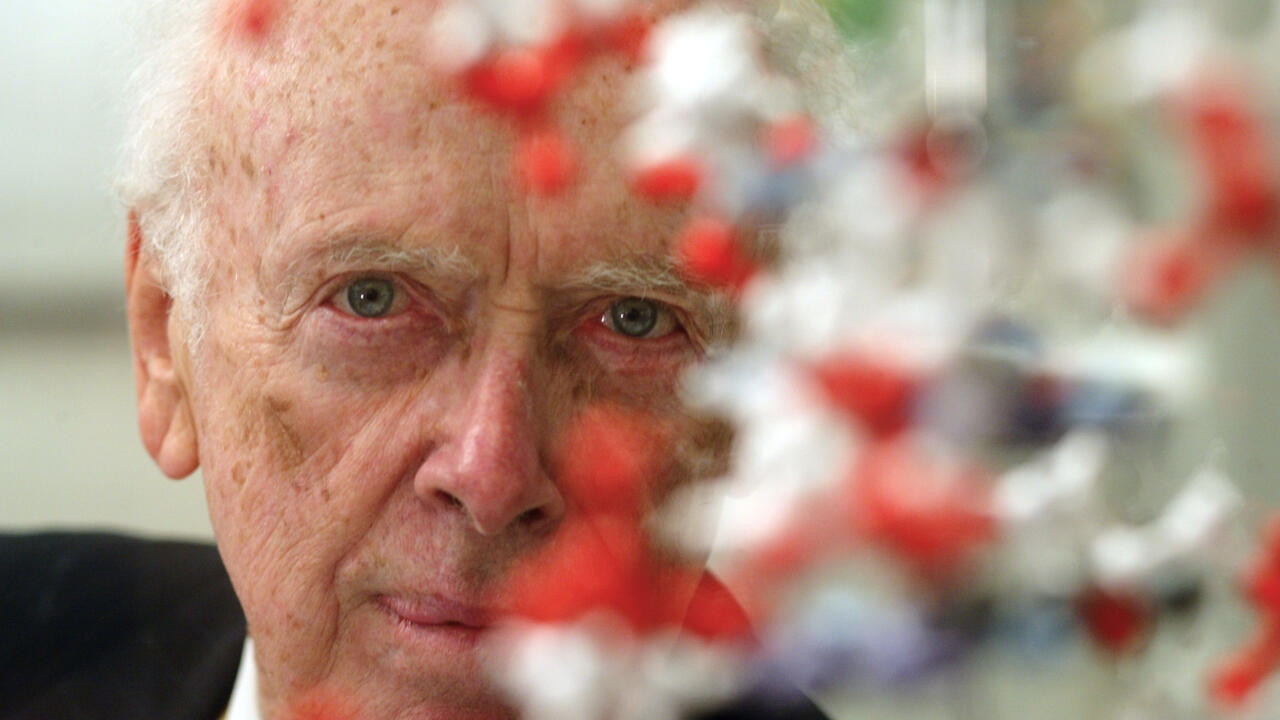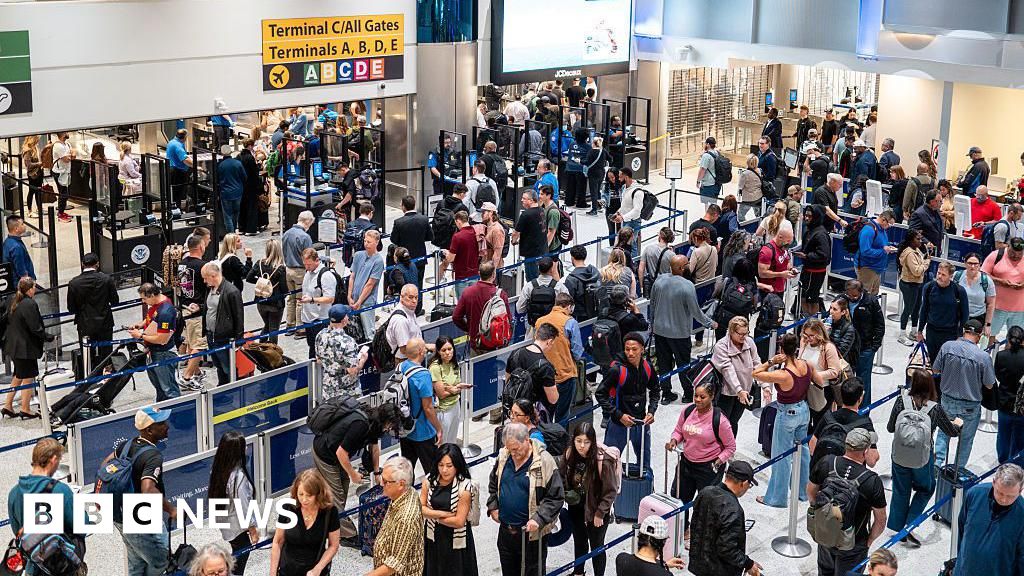The heartbeat of modern urban life is increasingly digital – from traffic sensors and early warning systems, to participatory planning platforms and geospatial data – technology is changing how cities are designed, managed, and experienced.
Yet, amid this rapid transformation, one question rises above all: how can innovation truly serve the people, as more and more of them migrate to cities?
That question lies at the heart of this year’s World Cities Day, which will be celebrated in Bogotá, Colombia, under the theme People-Centred Smart Cities.
Organized by the UN’s urban agency, UN-Habitat, the event brings together mayors, experts on city life and community leaders from around the world to explore how data, design, and digital tools can build communities that are not only smarter, but also fairer, greener, and more inclusive.
By 2050, nearly 70 per cent of humanity is expected to live in urban areas, intensifying demands for housing, services, and climate resilience.
In his message for the day, UN Secretary-General António Guterres emphasized that innovation must close gaps, not widen them.
“A truly smart city puts people first, especially the most vulnerable,” Mr. Guterres said. “When we place people at the centre, digital innovation can help drive fairness and sustainability for all.”
Bogotá’s big experiment
Bogotá, long known for urban experimentation, has earned global recognition for combining technology with citizen engagement.
From TransMilenio, its influential bus rapid transit system, to Ciclovía, which turns streets into car-free community spaces every Sunday, the city has redefined how urban design can foster social connection and sustainability.
For Elkin Velásquez, UN-Habitat’s Regional Director for Latin America and the Caribbean, Bogotá offers a compelling example of how data and dialogue can shape better futures.
“The global observance here will foster international dialogue on people-centred smart cities — where technology enhances quality of life and strengthens community bonds,” he said.

© Unsplash/Delaney Turner
Bogotá, Colombia's capital city.
Listening to the city
Among the keynote speakers in Bogotá is Carlo Ratti, architect, engineer, and director of the MIT Senseable City Lab in the United States, as well as curator of the 2025 Venice Architecture Biennale.
Mr. Ratti, one of the world’s leading thinkers on urban innovation, believes that cities must evolve beyond the notion of the “smart city” toward what he calls the “senseable city.”
“I’m not fond of the term ‘smart city,’” Mr. Ratti said. “It often implies a top-down system guided by technology alone. Cities must first and foremost be about people — responsive, inclusive, and adaptive. A ‘senseable city’ uses technology not for its own sake, but to better listen to and serve its citizens.”
For Mr. Ratti, Bogotá embodies this spirit. “It has long intrigued me as a leading city for urban experimentation,” he said. “Projects like TransMilenio and Ciclovía have become global case studies.
“They show how local interventions, when scaled and embraced, can shift urban trajectories.”
On principle, Mr. Ratti believes that in an age of climate emergency and demographic transition, “the most radical act may be not to build or build differently”. As an alternative, he suggests prioritizing reuse, retrofitting, and transformation.
“And if you truly need to build on greenfield sites, learn from the logic of nature. In terms of energy and circularity, a tree is still much smarter than any building we can design”, he concluded.
A people-centred vision
According to Anacláudia Rossbach, Executive Director of UN-Habitat, the city’s approach exemplifies what a people-centred smart city should look like.
“In Bogotá, the smart cities approach is people-centered, aiming to improve well-being and quality of life,” Ms. Rossbach said.
“Programmes like Ecobarrios and Mi Casa focus on resilience and sustainability, while digital initiatives such as Chatico, a virtual agent, use Artificial Intelligence to help citizens access information on public services and participate in consultations.”
These initiatives, she explained, represent a broader effort to advance sustainable mobility, data-driven policymaking, and bridge the digital divide.
“These are good examples of technology and innovation that serve people and communities,” Ms. Rossbach added. “It’s vital that such experiences are shared globally, allowing other cities to adapt these lessons to their own contexts.”
A global conversation
World Cities Day marks the conclusion of Urban October, UN-Habitat’s month-long campaign for sustainable and inclusive urbanization. This year’s observance in Bogotá aims to leave behind a legacy, one built on collaboration, learning, and shared commitment to a more equitable urban future.
“The legacy we seek is twofold,” Ms. Rossbach concluded. “First, to showcase the creativity of cities in advancing people-centred smart approaches. And second, to strengthen the networks of cooperation that ensure innovation serves people, and not the other way around.”
As digital tools become ever more embedded in urban life, the challenge for cities is clear: to ensure that smart solutions remain human ones.
Where next?
Latest news
Read the latest news stories:
- US Threatens to Resume Nuclear Testing while Past Tests Have Devastated Victims Worldwide Friday, October 31, 2025
- From Slogans to Systems: Five Practical Steps for Turning Social Development Commitments into Action at Doha and Beyond Thursday, October 30, 2025
- Guatemalan Peasants Overcome Drought in the Dry Corridor Thursday, October 30, 2025
- Will COP30 Reenergize to Nigeria’s Great Green Wall Project? Thursday, October 30, 2025
- Children’s Education Must Be Put At The Forefront of Climate Discussions At COP30 Thursday, October 30, 2025
- Putting people at the heart of cities, key to improving urban life Thursday, October 30, 2025
- ‘Normalising’ Taliban rule would betray Afghan women, warns UN expert Thursday, October 30, 2025
- Hurricane Melissa leaves thousands displaced across the Caribbean Thursday, October 30, 2025
- UN Envoy hails Colombia’s peace process as global model, calls for more funding Thursday, October 30, 2025
- World News in Brief: Ukraine energy targeted, nuclear proliferation warning, rights violations in Nicaragua Thursday, October 30, 2025
Link to this page from your site/blog
Add the following HTML code to your page:
<p><a href="https://www.globalissues.org/news/2025/10/30/41468">Putting people at the heart of cities, key to improving urban life</a>, <cite>Inter Press Service</cite>, Thursday, October 30, 2025 (posted by Global Issues)</p>… to produce this:
Putting people at the heart of cities, key to improving urban life, Inter Press Service, Thursday, October 30, 2025 (posted by Global Issues)

 1 month ago
9
1 month ago
9









 English (US) ·
English (US) ·